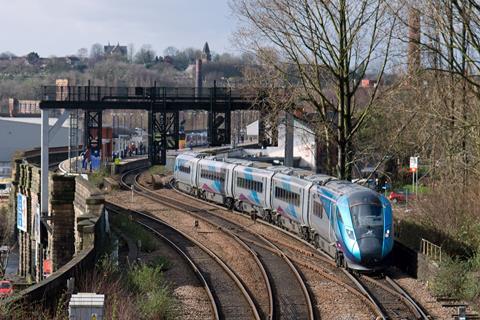
UK: A reassessment of the government’s Integrated Rail Plan for the North & Midlands is essential to ensure that the opportunity to address regional imbalances is not missed, according to the House of Commons Transport Select Committee.
A report published on July 27 says a full assessment does not appear to have been carried out into the ‘levelling up’ impact of the various Northern Powerhouse Rail and High Speed 2 Eastern leg options. Alternatives to those adopted in IRP have not been properly tested, and there is a lack of information which would enable value for money and economic returns to be compared.
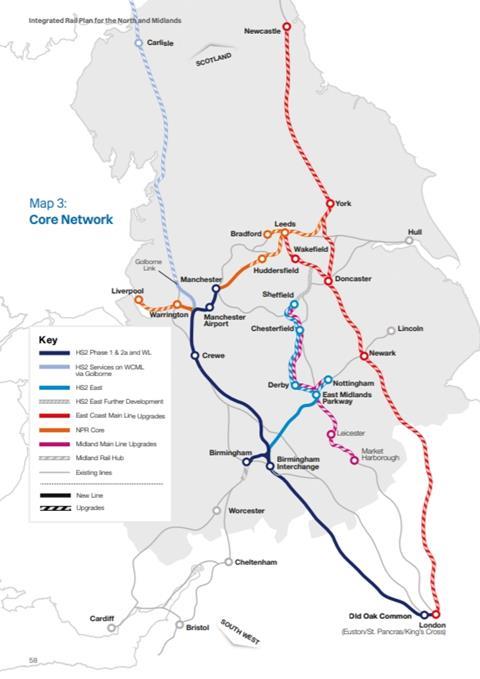
The committee calls for a full benefit:cost ratio to be made available for the various NPR options, and for the government to make changes to IRP if other options offer better value and outcomes.
The committee is concerned that the Golborne link from HS2 to the West Coast Main Line was cancelled without any alternative, and calls for a plan to provide similar capacity. It also wants to see an updated benefit:cost ratio for the entire HS2 project, including the previous proposals for building the Eastern leg of Phase 2b in full, using a methodology that reflects the impact on regional inequalities.
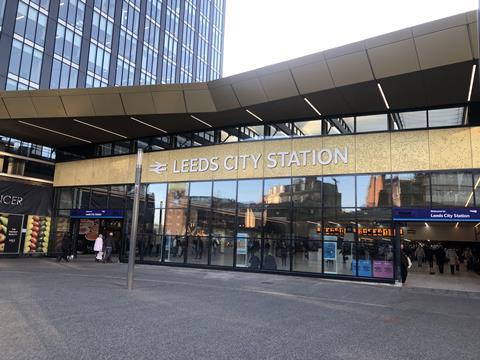
It calls on the government to conduct a study on how best to take HS2 to Leeds, and asks it to commit to the redevelopment of Leeds station by 2035. It also says the government should reconsider the case for a new St James’s Market station in Bradford.
Noting that local stakeholders and the government have ‘very different views’ on the merit of developing an underground through station for HS2 and NPR at Manchester Piccadilly, the committee says there has been a lack of direct engagement and little detail on the government’s decision against this option, which if deliverable could unlock significant land value. It calls for a ‘renewed, transparent conversation about the risks and benefits’ of the proposal between Transport for Greater Manchester, Manchester City Council and the Department for Transport.
The committee says the government’s presentation of the benefits of IRP core pipeline in comparison to previous plans should factor in time and cost ranges that reflect the contingency needed for such a large and complex package of work.
The committee says it has received evidence that casts doubt on the plausibility of the journey time reductions that are achievable, and asks the government to publish its full technical appraisals. It says DfT should also commission a full independent assessment of the capacity offered by IRP, compared to the previous plans for HS2 and other options for NPR. DfT should also publish a 30-year rail freight strategy with a detailed assessment of how IRP will provide greater capacity.
Government must demonstrate rationale
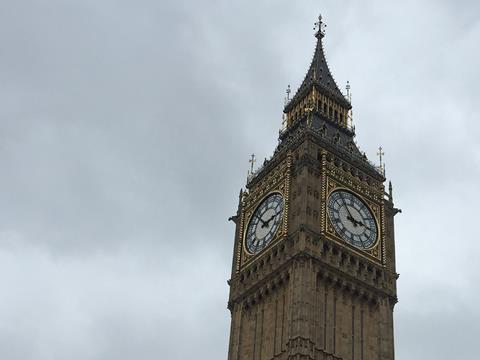
Huw Merriman, Chair of the Transport Committee and Conservative MP for Bexhill & Battle, said ‘we welcome the scale of the government’s promised spending on rail. At £96bn, the government has billed it “the largest single rail investment ever made by a UK government”. The committee agrees it has the potential to transform rail travel for future generations. However, many towns and cities are already disappointed by the proposals which have been set out.’
He added that ‘the government must demonstrate the rationale for its decisions. An investment of this substantial sum must be based on the best evidence and the best value for money. It must bring the greatest overall benefit to rail services, the economy, environment and communities.’
Responses
‘This report is a vindication of what TfN has been calling for for some time’, said Transport for the North Chief Executive Martin Tugwell. ‘The north’s railway has recovered faster and stronger than the rest of the country, a sure sign of not only how important it is to our economy now but of its potential to be the catalyst for further growth.
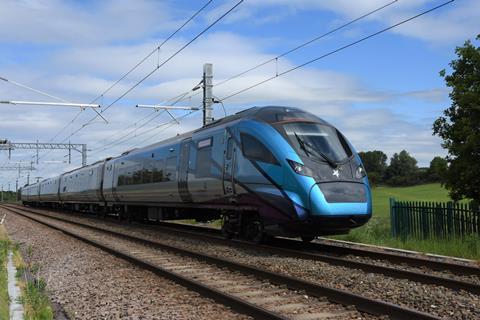
‘Our plans for Northern Powerhouse Rail are fully-costed and have a robust evidence base to underpin them — they will provide a good return on their investment by allowing the north to break free of the constraints that have held back our economy for too long.’
Tugwell said a new station was ‘vital to unlock the potential’ of Bradford, adding that ‘we fully support the committee’s call for an underground station at Manchester to be re-examined’ and for the government to commit to the redevelopment of Leeds station. ‘Cities like Liverpool, Sheffield, Hull and Newcastle also deserve substantial investment so they are not left behind.’
General Secretary of the TSSA trade union Manuel Cortes said the committee was ‘right to raise concern that the benefits of levelling up through rail infrastructure projects for the north and Midlands is at risk. Rather than cutting back on HS2’s eastern leg, our union has long called for it to be completed in full and for HS2 to be extended right through to Scotland. Rail is the lowest carbon form of mass transport and it must be central to our response to the climate emergency.’
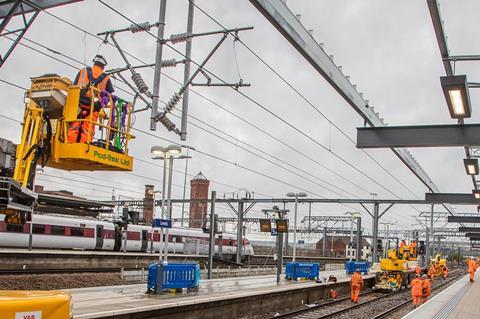
Chris Richards, Director of Policy at the Institution of Civil Engineers, said the report ‘reaffirms that the theory behind IRP is sound’.
However, ‘the underlying evidence to back up whether these plans are going to be delivered on time and on budget, and crucially with the right outcomes, is not there. This is why the ICE and the All Party Parliamentary Group for Infrastructure has launched a consultation seeking views and evidence on how delivery of IRP can be accelerated and what principles are needed to guide decisions on investment.’



